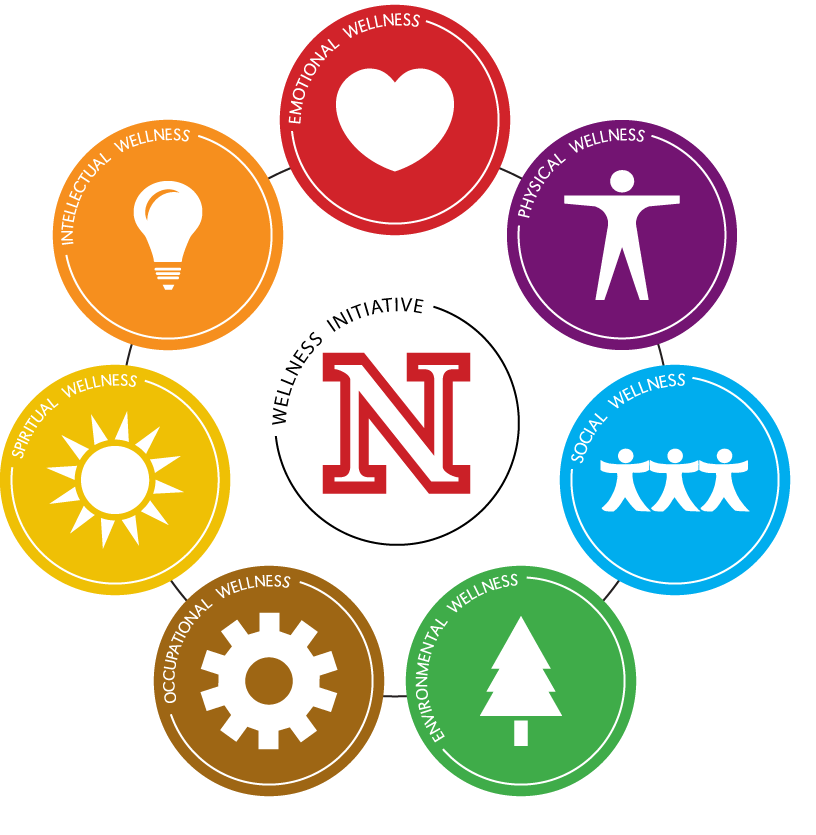
Almost all University of Nebraska employees could make lifestyle changes that improve health. The good news is there's plenty of support and programming at UNL to help employees achieve their health goals.
That's the finding of the Health Risk Assessment conducted last November on all four University of Nebraska campuses. The risk assessment is a collaborative program between Universitywide Benefits and campus wellness programming.
NU systemwide response to the survey was 39.3 percent, with UNL participation at 39.2 percent. Participation at UNL was up 12 percent from 2007, the last time a health assessment was conducted.
Results of the assessment indicate 97 percent of those who responded report they have three or more modifiable health risk factors. In other words, almost all responders have something they could work on to improve health. The Health Risk Assessment listed 23 modifiable risk factors including high blood pressure, high cholesterol, inadequate exercise and eating a diet rich in high-fat foods and/or low in fruits, vegetables and fiber. According to the Centers for Disease Control, those with three or more serious health risk factors have substantially higher health care costs.
The top three health conditions listed by those who took the risk assessment were high blood pressure, high cholesterol and overweight or obesity.
"Some things we can't change, like family history or age. But we can control our lifestyle," said Kimberly Barrett, UNL Wellness Coordinator. "We can modify risk factors like exercise or diet and have a positive impact on our health."
HRA participants were also asked to identify their top five interest areas and programming. Among those on the list were many programs offered at UNL, including Shape Up the Nation, registered dietitians at the Health Center and Campus Recreation, free or low-cost health screenings, lifestyle management programs and immunizations.
Results of the HRA will be used to set wellness priorities for 2010/2011.
- Mary Jane Bruce, University Communications